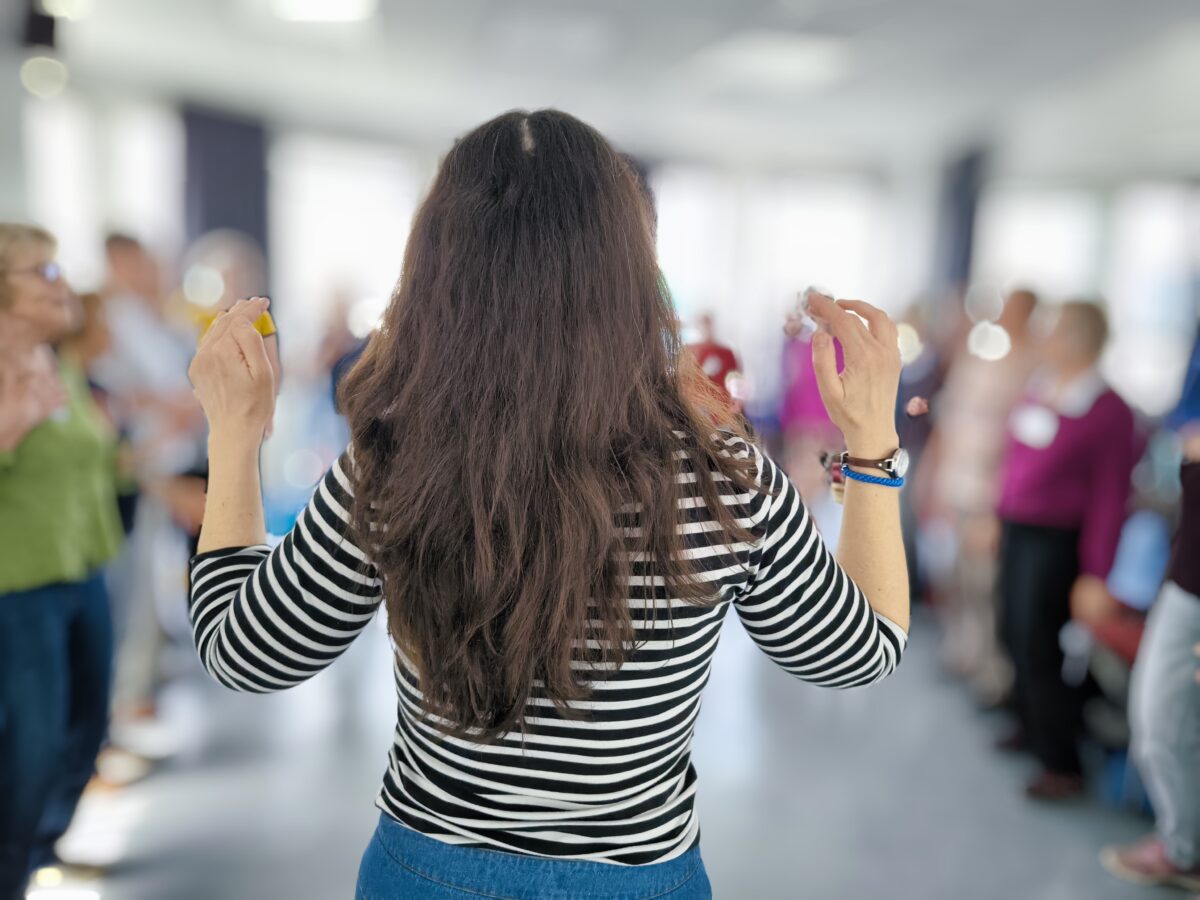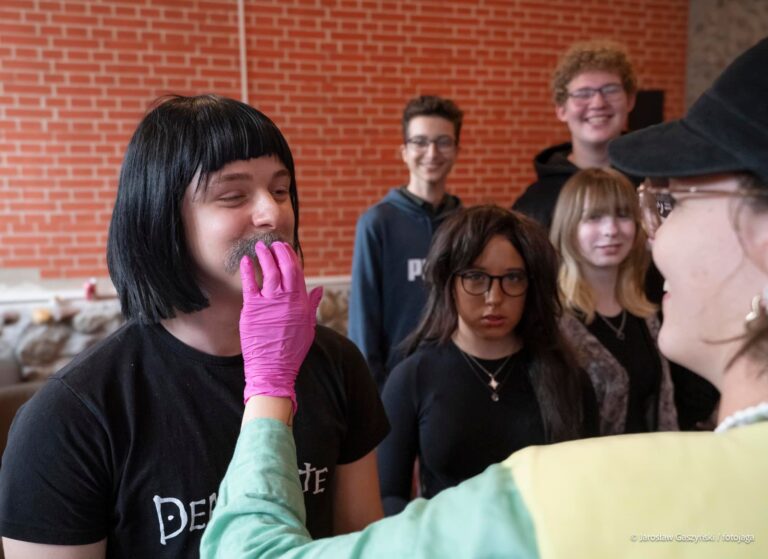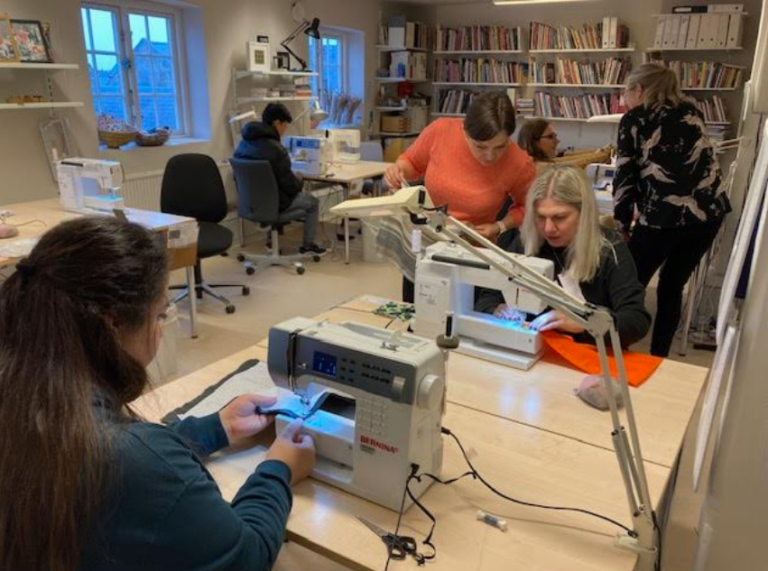Certain culture and arts activities can evoke emotions, such as music, literature, art, or a theatrical performance. These emotions can be everything from feelings of sadness, to becoming tearful or to be completely overwhelmed by emotions.
The most important thing is there is place for the individual(s) to express these emotions. The link worker should be present and support the individual. A simple “are you okay?” is often enough for the individual to feel safe to express themselves. It is important to listen and to reassure the individual that it is okay and healthy to give place to the emotions when they arise. It is a form of release.
In situations where the link worker is not present, it is important as a culture and arts facilitator that you are equipped to deal with situations that may arise. It should be noted situations do not only occur in AoP programmes, therefore, most culture and arts facilitators already have strategies for dealing with such situations.
It is important the culture and arts facilitators convey they are comfortable and confident in dealing with emotional situations if they should arise. If not, discuss with the link worker your needs to be prepared and equipped for such situations in the event the link worker is not present during an activity.
It is important both as a culture and arts facilitators and also the link worker know your own ability, competencies, and responsibilities in dealing with persons with mental health issues. In the case where you and the link worker feel the situation goes beyond your abilities, it is essential you know who to contact in such given situations.
If you as a link worker have immediate concerns for the mental health and wellbeing of the participant, you should always contact the necessary medical professional (one should be aware of how and who to contact in such situations). Stay with the participant until they get the help and support they need.




